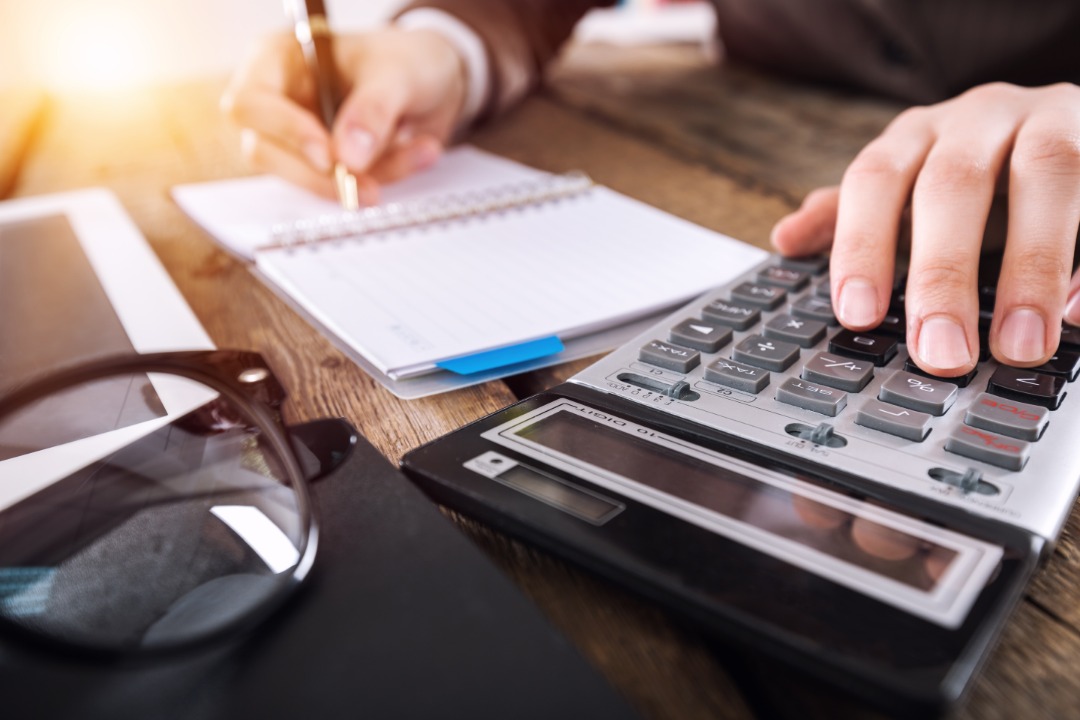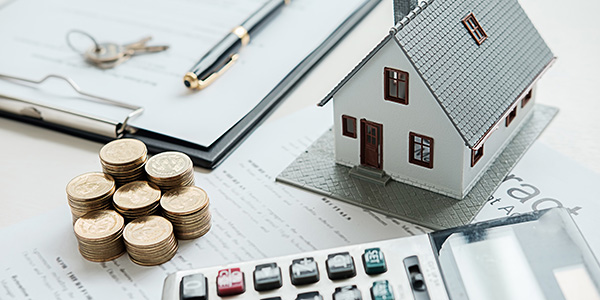How VAT will work in the real estate sector?

VAT (Value Added Tax) was introduced in the UAE on January 1st 2018, to provide UAE with a new source of income that is used to invest in public infrastructure and services, and diverse these sources, which helps limiting the dependency on oil and other sources of energy for income.
VAT will affect different aspects of life in varying degrees, including the real-estate business. For this reason, in this article we will cover all the key points you need to know when planning to invest in the UAE property market.
Now before going further, one should note the difference between exemption, which means that VAT isn't a factor, and zero-rated, which indicates that VAT might be charged but can be recovered.
The major point in applying VAT to real-estate industry is the difference between residential and commercial properties, as the latter has special rulings that applies to them, including VAT, which is standard rated and thus a 5 percent VAT is applied to it.
Residential properties, on the other hand, are exempted from VAT.
Residential properties include the likes of apartments, townhouses, orphanages, students and laborers housing. However, serviced apartments are not residential properties.
Transferring the ownership of a certain property, or the right to use it, is considered a supply of goods. As a result, there are three cases in which a party might need to register for VAT to be charged for it:
- Investors whose yearly revenue exceeds 375,000 AED.
- Landlords who don't have a residency in UAE . They also can't use reverse charge mechanism, as this mechanism can solely be applied to imported goods and services.
- The owners of residential properties who own other business and investing activities in Dubai.
Regarding Supply of services, this term cover any service not mentioned within the scope of supply of goods. In real estate sector, this term includes agencies and ownership transference fees, and other costs related to constructing, maintaining or converting a property. To determine the VAT status of these supplies, one should look at the period when this work occurred.
If the supplies occurred during the first three years after completing the construction of the residential property, then they are zero-rated for VAT, meaning that VAT applied on costs are charged but will be fully recovered.
In mixed-use buildings, which are properties that serve multiple purposes, each property will be treated separately. Therefore, if a property contains mixed properties, residential or commercial, each one of these properties will have its own VAT procedure.
Experts predict that while VAT could affect people's lives in varying degrees, it won't affect the values of real estate units and prices. As for properties registration and contracts with the land department, VAT won't change anything since these contracts are with a public authority.





